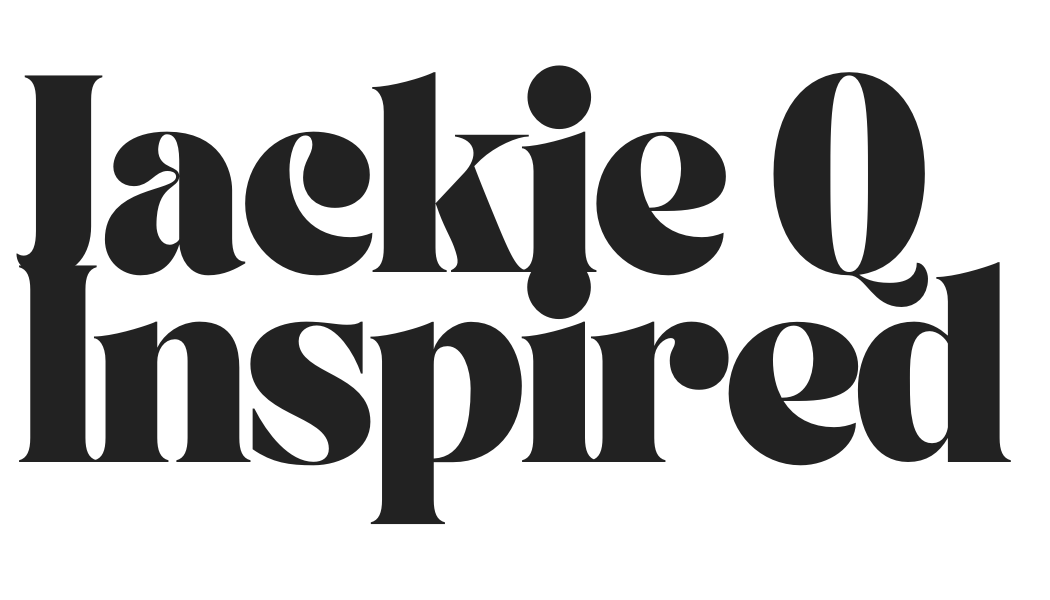Does your resume feel like a mess every time you look at it?
Like you’ve lived a dozen different lives and now you’re trying to make sense of it all on one little piece of paper?
If your work history feels too overwhelming to even get started, I get it. I’ve worked with so many mid-career professionals who feel the exact same way. So today, I want to gently guide you through a few things I often encourage my clients to leave off their resumes—and why doing that can make all the difference.
But first, let’s talk about why this even matters in the first place.
Why It’s Okay (and Smart) to Leave Things Off
If you have gaps, a varied history, or experience that just doesn’t feel current anymore, I want to remind you of something: your resume is not a biography. It’s not supposed to tell your whole story. It’s a snapshot—a curated, purposeful highlight reel of your most relevant experience.
Tailoring your resume to the job you’re applying for helps hiring managers quickly see what they’re hoping to find: your strengths, your value, and the kind of presence you’d bring to their team. The version of you that’s ready for this next chapter.
You don’t want all that good stuff—your leadership, your growth, your transferable skills—getting lost in a sea of unrelated details. I know how tempting it is to list everything (especially if you’re proud of how far you’ve come), but sometimes all that extra information can actually hold you back.
Think of your resume like a clean, well-organized entryway. You want it to feel welcoming, easy to take in at a glance, and reflective of who you are now—not every step you took to get here.
Whether you’re pursuing part-time work, returning after a break, or pivoting toward something totally new, your resume should speak to where you’re going. Not just where you’ve been.
So, what can you gently let go of?
Here are a few things I recommend trimming or removing to help your resume shine brighter—especially if you’re over 40 and ready for a new beginning.
1. Unrelated Work History
This one’s a biggie. I know it feels weird not to list every job you’ve ever held—especially if you think something might catch their eye. Believe me, I’ve been there too. But filling your resume with unrelated roles can actually distract from the parts of your background that matter most.
Here’s what I suggest instead: create a Career Highlights section near the top. Pull 2–3 strong accomplishments from those past roles and share them up front as proof of your work ethic, adaptability, or leadership—even if those jobs aren’t in the same field.
2. Excessive Bullet Points
I’ve seen resumes where every task is listed out—sometimes stretching across 5 or 6 pages. Whew! The problem is, when everything is emphasized, nothing stands out.
Most recruiters give a resume a quick scan—just a few seconds, honestly. That’s not much time to make a first impression.
So instead of a long list of responsibilities, focus on this under each work history entry:
- A brief summary of your role
- 2 or 3 specific, meaningful accomplishments in that position
It’s not about saying more—it’s about saying what matters.
3. Old Jobs with Similar Responsibilities
If you had similar roles across several places (like retail manager at multiple stores), feel free to group those together under one heading—something like “Retail Management – Various Locations.” That way you’re still acknowledging the experience without getting into all the little details – and you’re saving more space on your resume for the good stuff.
You’re not erasing your past—you’re streamlining it so the person reading your resume can see the real, relevant parts quickly.
4. Education or Work Dates From Over 15 Years Ago
Now I don’t want to bring up ageism, but… it does exist. Even if it’s unintentional.
You are not your age. You are your insight, your maturity, your grit, your soft skills, and your hard-earned wisdom. So instead of broadcasting how long ago you graduated or worked that one role, I suggest leaving off the older dates altogether.
Especially if it’s not directly related to what you want to do next, it’s perfectly okay to let those older items go. That’s not hiding—it’s being strategic. Once you get in the door and have a conversation, you can show them the full picture.
5. Trying to Hide Career Gaps
Career gaps are more common than ever. Whether it was for health, caregiving, a sabbatical, a business you tried, or time spent raising kids—these are valid reasons to step away from work. And they don’t have to be a red flag.
Instead of trying to hide them, just explain them briefly in a bullet point. Something like:
- Career Pause (2019–2021)
- Stepped away to care for a family member. Continued professional development through courses and volunteer work.
That one line can go a long way in helping you own your story with confidence.
6. Your Full Address
You can absolutely leave off your full mailing address. All you need is:
- Your city, state, and zip
- A professional email
- Your LinkedIn profile
- And your phone number
That keeps things clean and current, while still making you easy to contact.
7. Unrelated or Outdated Skills
You’ve collected a wide range of skills over the years—you’re adaptable, curious, and you’ve kept learning. But your resume isn’t the place to list everything you can do.
Instead, include skills that speak directly to the roles you’re applying for. Leave off the outdated programs or things that won’t serve your next role. We want your resume to feel sharp, focused, and relevant—just like you.
A Few Things to Make Sure You Include
✅ A strong professional summary
Skip the old-school “Objective” statement and use this space to speak from your heart a bit. Share who you are as a professional. Are you someone who leads with empathy? Do you love rolling up your sleeves and supporting your team? Does your experience show you’re steady under pressure?
Give them a glimpse of the leader and teammate you are—not just what you’ve done.
✅ Cover letters and thank-you notes
These are small touches that leave a lasting impression. A thoughtful cover letter can add warmth and humanity to your application, and a thank-you note after the interview helps keep you top of mind.
In Closing…
Your resume doesn’t have to tell your whole story. Just the chapter that matters most right now.
You’ve done your research. You’ve looked at companies that align with your values. You’ve peeked at their culture online and thought, Yeah, I could see myself there.
Now it’s time to take everything you’ve learned, everything you’ve lived, and present your best case—not your full case.
You’re not faking anything. You’re not leaving out your life. You’re just choosing what matters most to the people you want to work with.
And guess what? You do have what it takes. Even now. Even here.
You’re not behind—you’re becoming.





